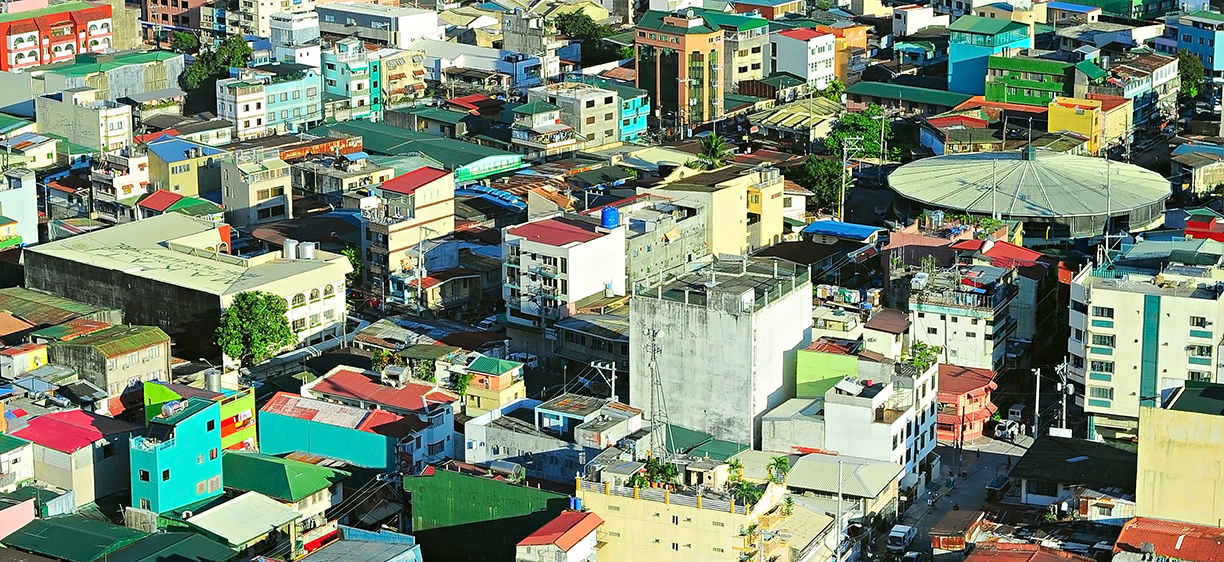Aslaug Gotehus has interviewed nursing students and hospital nurses in the Philippines about migration.
By Aslaug Gotehus
“It is about paying back to my parents, to be a provider for them” (Male nurse in Cavite who aspires to move overseas.)
The Philippines is the world’s largest provider of foreign-educated nurses. The training of nurses for overseas migration was implemented by the Marcos regime (1965-986) as a short-term solution to alleviate the high unemployment rate and high foreign debt. More than 40 years later, the number of trained nurses that leave the country annually is still immense.
Filipino nurses have been migrating to Norway since the 1970s. By 2010, approximately 1,000 Filipino nurses, mostly women, had settled and worked in Norway.
In an attempt to understand the phenomenon of Filipino nurse migration to Norway, I spent a few weeks in the Philippines interviewing nursing students and hospital nurses in Metro Manila, and the provinces of Cavite, Leyte and Iloilo.
The nurses I met, talked about heavy workloads and meagre salaries that are far from sufficient to support their families:
“Working as a hospital nurse in the Philippines is really hard work. As a government nurse, I only earned around 9000 pesos [approximately 1 300 NOK] and had no benefits. In the hospital, it is usually 12 hours shifts. A lot of nurses here have other side jobs, like they would work in clinics etc. in order to earn enough to support their families.” (Filipino nurse working in a private hospital in Cavite who aspires to work overseas.)
The motivation to train as a nurse stems mainly from the desire to improve the livelihoods of their families; the nursing profession is seen as a secure way to find well-paid jobs overseas. On the surface, migration seems contradictory to the traditional conceptualization of Filipino families, which are supposed to be emotionally “close” and multigenerational.
However, according to some of the students I met, migration is seen as a way to give back to one’s parents who have provided for them and given them education:
“As long as we have good salaries, life in the Philippines is very, very good. Then I think there would not be any Filipinos who would like to go out and leave their families. Since we are thinking that the family will have a better livelihood, so we sacrifice. It is really hard you know, going outside the country and leaving your family here. It’s not that easy.” (Filipina nurse who recently returned to the Philippines after spending 5 years in Norway, but is planning to return to Norway again).
Although the motivation to train as a nurse is often related to a desire to provide for the family, the “culture of migration” in the Philippines is also an important factor driving emigration. Regardless of their family’s economic situation, each nurse mentioned how expectations from family and friends influenced their aspiration and decision to move overseas.
The Filipino nurses I have met in Norway have all emphasised the inherent characteristic of Filipinos as especially caring. Without making a comparison to other nationalities, I can attest to the Filipino hospitality. One Saturday, I was invited to lunch at a Filipino restaurant by the parents of a Filipino nurse I met in Norway. They insisted on paying the bill and explained that it was a treat from their son working in Norway.
During the conversation, I could sense their mixed feelings about their son’s migration. They miss their son and they were terribly sorry to see him leave, but, at the same time, his life in Norway has also changed their lives for the better:
“We miss him so much. But it’s good for the family. He left to improve our life. He sends money every month, and he’s the one to pay our medical bills. We used to be poor, but life is better now. Our son is providing for us.”(Parents of a male nurse currently living and working as a nurse in Norway).
The act of maintaining relationships after migration requires a lot of hard work and a willingness to invest both time and money. Financial support is just one of several types of caregiving practices that are performed by families.
The Wellmig project looks into how different types of care are exchanged between Filipino nurses living in Norway and their families in the Philippines. How to be a caring grandparent or a loving and devoted daughter or son across great geographical distances is among the topics we will pursue.
